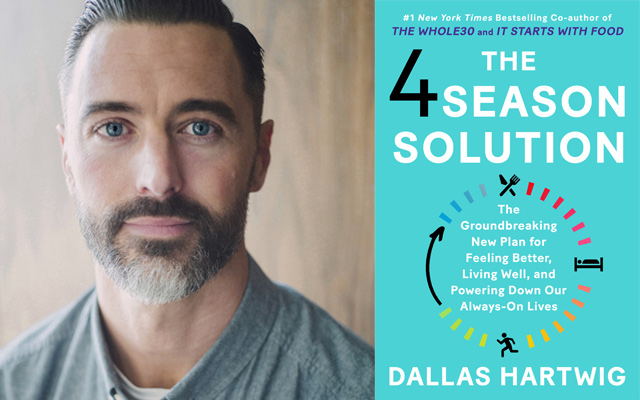Few things in life are more painful than ending a friendship. It can be particularly hard to let go if you’ve established a history or set of routines together.
But the fact is, people change: Sometimes they grow apart or discover they have different values and interests. Sometimes they encounter points of conflict that just can’t be put right.
So, if you’re no longer finding a friendship rewarding or worthwhile, what’s the best way to deal with the stress of having to say goodbye? To find out, we talked to life coach Cheryl Richardson, author of Stand Up for Your Life.
Stress Source: Breaking Up With a Friend
“We don’t really have a model for ending relationships outside of marriage,” says Richardson. “When you hit a challenge in your marriage, you can go to a marriage counselor or a lawyer or a mediator, but there’s nobody to see about the fact that a friendship is ending.”
Barriers to Overcome
Fear of Confrontation. Human beings are “conflict-phobic,” Richardson says. “The idea of ending a friendship is so frightening that most people just avoid it. They stop taking phone calls or they make plans and cancel at the last minute. They come up with every excuse for why they’re not going to call somebody back because they want to avoid the anxiety of conflict.”
Apprehension About Hurt Feelings. Many people, especially women, don’t want to hurt anybody. But, Richardson says, “the truth is, you can’t avoid it when you decide to end a relationship.”
Lack of Self-Expression. “Most of us lack the language to tell the truth about ending a relationship with grace and love, so people continue to tolerate less-than-fulfilling friendships for far longer than they want to,” she says.
How to Cope
Take a break. Prior to a permanent goodbye, you might want to try a trial separation. “If two people are willing to come to the table and recognize that they are each 50 percent responsible for the relationship, then just about any relationship can be worked through,” says Richardson. Sometimes all it takes is a little breathing room. “But when a friend is unwilling to own his or her part of the situation, then you’re essentially in a one-way relationship, and it’s probably time to put either that relationship on long-term hold or complete it.”
Be truthful. Pretending to feel something you don’t in a relationship does a disservice to both parties, explains Richardson — as does simply walking away with no explanation. “I talk to people who get dumped by friends who never call back or return emails, and that’s much more hurtful, and ultimately stressful, than actually being honest,” she says.
Use clear language. First, says Richardson, affirm what you’ve had: “Start by saying, ‘Because I want to honor the relationship we’ve shared, I need to be honest with you.’” The second step is to tell the truth about the friendship: “Whatever the truth is — for example, ‘It’s become clear to me that we’ve grown in separate directions’ — be sure to use “I” instead of “you.” The third step, Richardson says, is to clearly state the outcome, which may very well be, “It’s time for our relationship to end.”
Have a safe person on call. Once you’ve ended the friendship, debriefing with a trusted confidante can help you process your feelings and feel “done.” Honor what was. Every person who comes into our life is a gift in some form, says Richardson, “and regardless of how that relationship ends, there’s always something of value to be learned.” Acknowledging the good in what was can help you move forward with grace and gratitude.




This Post Has 0 Comments